Have you ever felt incredibly sore the day after your run, with stiff muscles, aches, and pains that seem to linger for days? Have you grown frustrated with how long it takes to recover? Several factors can affect the speed at which your muscles recover, and if you've visited your healthcare provider and been given a clean bill of health—but still struggle with recovering, we can help!
We asked our experts if they had any tips for recovering faster between runs.
Here's what they suggest!
Why Recovery from Running or Any Excersize Is Critically Important
Whether you lift weights, take long brisk walks, take aerobics classes, do Yoga, or follow a workout plan that uses body weight or bike, one thing is essential between these activities: recovery.
Any vigorous exercise can push your muscles toward failure. Many of us who run may think that more is better regarding our favorite way of working out. While consistency is crucial in enjoying success, you must recover adequately to keep your body in top condition and perform excellently without injury. Over 70% of runners are estimated to sustain an overuse injury every year. These injuries, such as plantar fasciitis, runner's knee, Achilles tendinitis, shin splints, IT band syndrome, stress fractures, meniscal tear, and hamstring injuries, can all be caused by repetitive strain.
Many of the above conditions are preventable when you don't overtrain and allow your body to recover.
How Long Should Recovery Be?
While we can share a few tips on helping to recover faster, we must remind everyone that recovery time varies. It also depends on your run's intensity and general fitness levels.
It can take as little as 24 hours for very short runs to recover. At the same time, marathons and sessions where you push yourself harder than ever can take up to two or three days. It's essential to listen to your body as much as possible to take proper care of it while recovering. Your body can and will tell you when you're ready. You may find yourself simply being the type of person with a body that needs a bit longer to recover.
What Causes Poor or Slower Recovery?
- You don't fuel your body with nutrients after the workout. Your muscles are primed for dietary protein to lay down new tissue and begin repairing the damage done by your run. If you aren't aiming for at least a gram of protein per pound of lean body mass along with calories can send a 'starvation' signal to your body. This can cause a decrease in anabolic hormones, which are responsible for tissue growth and repair.
- You are stressed. Whether you are having problems with work, bills, or traffic, even exercise is a stressor, but too much psychological, lifestyle, or mental stress can heavily impair your ability to recover.
- Not enough sleep. If you're not experiencing stress and eating enough, sleep is possibly the most critical part of a speedy recovery. Not getting enough sleep increased cortisol, reducing testosterone production and lowering muscle protein synthesis. Not to mention, not getting enough sleep can lead to injuries caused by decreased balance and poor running posture control.
How Can I Help My Body Recover Faster?
1. Ensure you're getting sufficient nutrients.
Testosterone is a hormone that helps build muscle and develop strength. Zinc is a crucial nutrient for the production of testosterone.
Magnesium is required for better oxygen uptake by cells, energy production, and electrolyte balance. We lose a lot of magnesium through sweating during exercise, and replenishing it can help boost your recovery.
Iron is instrumental in forming your red blood cells and delivering oxygen to your tissues. When you have an intense workout, your iron depletes. You can induce anemia through exercise if not careful, so ensure you get plenty of iron.
2. Less Alcohol
When your muscles are recovering and adapting to a training session, protein synthesis begins to help in recovery. Drinking alcohol, however, directly impairs your muscle synthesis. Social drinking or having a glass of wine or two once or twice a week is probably safe, but it is not advised as a post-workout drink.
3. Add Foods That Help With Recovery
- L-citrulline is an amino acid found in watermelon. L-citrulline from watermelon can have a hugely positive effect on post-run muscle pain. Add watermelon to your diet, or consider supplementing directly.
- Beets or beet juice isn't only great for boosting performance but excellent in reducing delayed onset muscle soreness (DOMS) and promoting blood flow.
- Tart cherries or tart cherry juice are excellent for recovery as it improves sleep, translating into better muscle recovery.
- If you aren't lactose intolerant, hard cheeses, kefir, milk, yogurt, and other high-quality dairy products will provide plenty of calcium, a fantastic nutrient for recovery. Workouts also stress our bones, not just muscles, and having enough calcium in your diet will help reduce recovery time.
4. Self-Massage
Massage feels good and can help you heal the injured tissues after a tough run. Not everyone can afford to go and get a massage from a professional, however. Still, you can use many self-massage techniques at home to help improve proprioception—feeling where your body is in time and space. Massage improves central nervous system balance, encourages faster muscle healing, boosts overall mood, and lowers stress.
- Massage a few minutes daily instead of once a week for long periods.
- Don't overdo it by over-massaging an already painful or inflamed area. This can compromise soft tissue. Don't focus on a spot for more than 10 to 15 minutes.
- Ease into it. Muscles, connective tissues, and our bodies are all complex and sensitive. Each body part can react to pressure, heat, and speed differently. When it comes to tension on a muscle, it's better to ease into it instead of massaging it hard straight away.
- While tools are essential to self-massage most of the time, massage tools cannot tell you if your muscles are relaxed. Check your muscles with your hands to feel how muscles react.
Tools for Self-Massage:
- Foam roller. Foam rollers are ideal for larger areas and muscle groups like quads, hamstrings, and your IT band.
- Massage ball. A massage ball is an excellent tool for preventing injuries to, relieving, or relaxing the plantar fascia. Rest your foot on the top of the ball, take your body weight off the majority of the foot, and roll your sole across it in long strokes.
- Percussive message gun. While a foam roller impacts the outer layer of your muscles, a percussive massage gun is ideal for a deep tissue massage. As a runner, you may experience an improved range of motion, improved recovery, and immediate and short-term relief from muscle soreness.
Proper recovery is crucial, and ensuring you are helping your body recover is as important as getting your run in. Resting and healing don't mean being sedentary! You work hard, and you work your body hard, and we hope we've been able to help you enjoy a smoother, faster, easier recovery!
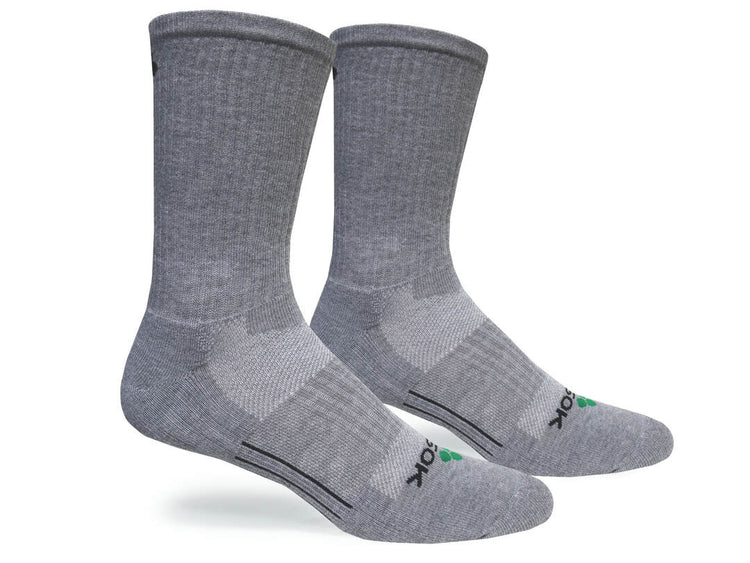
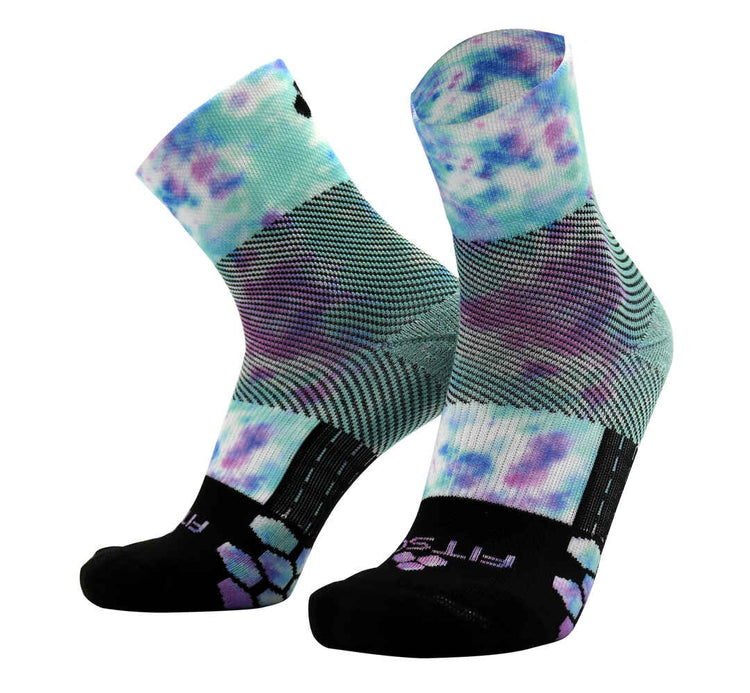
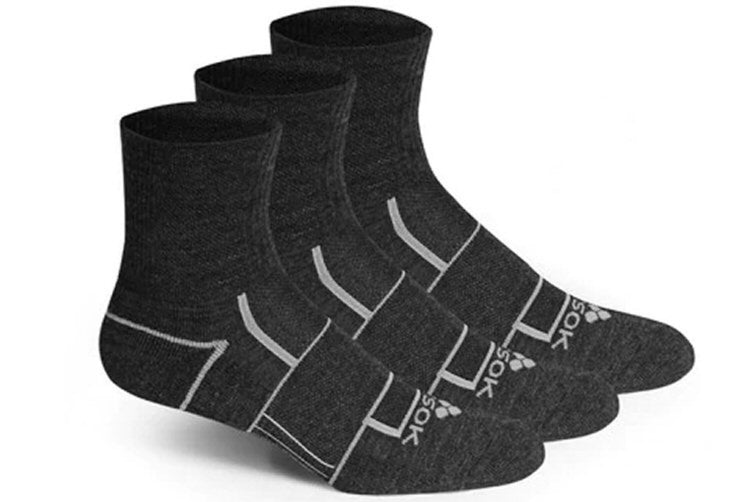
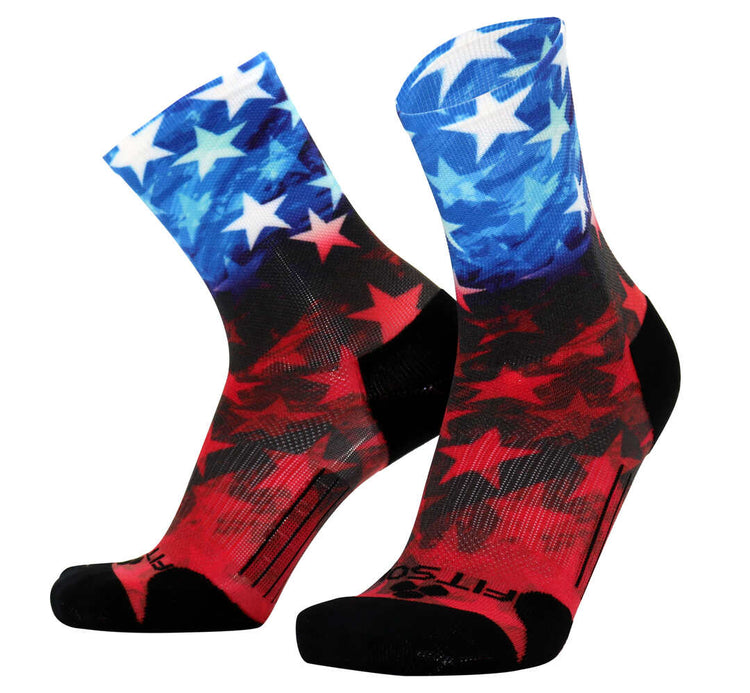
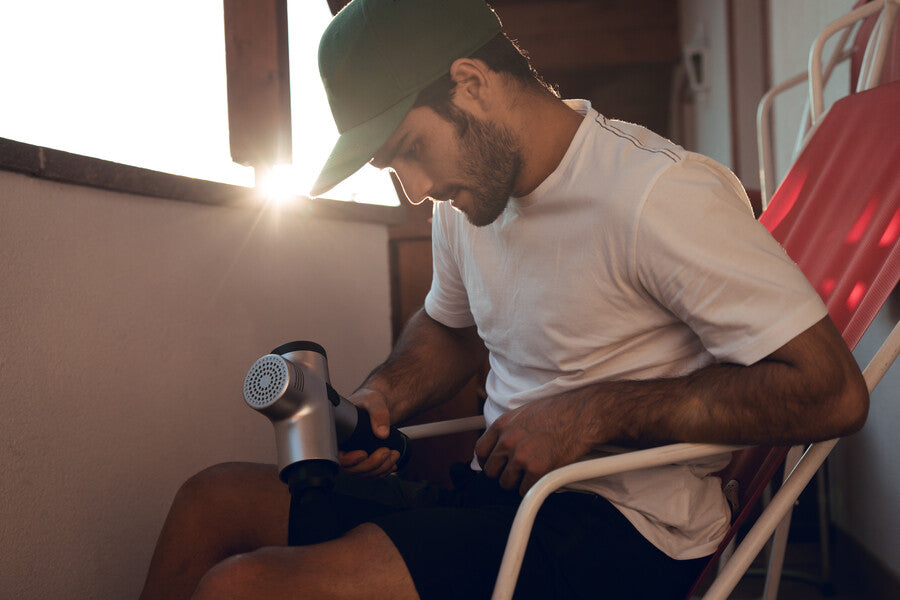

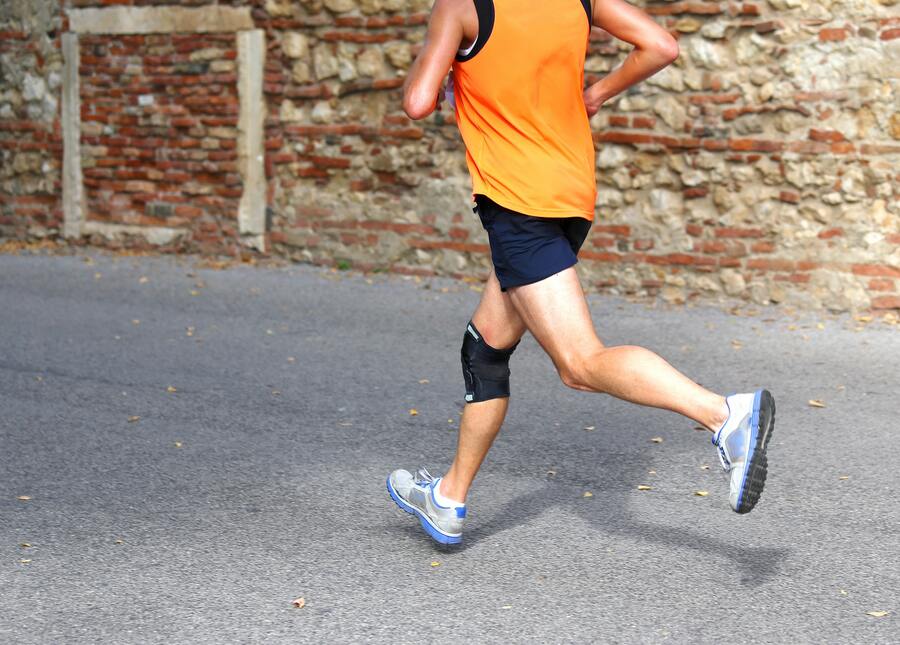
Leave a comment
This site is protected by hCaptcha and the hCaptcha Privacy Policy and Terms of Service apply.